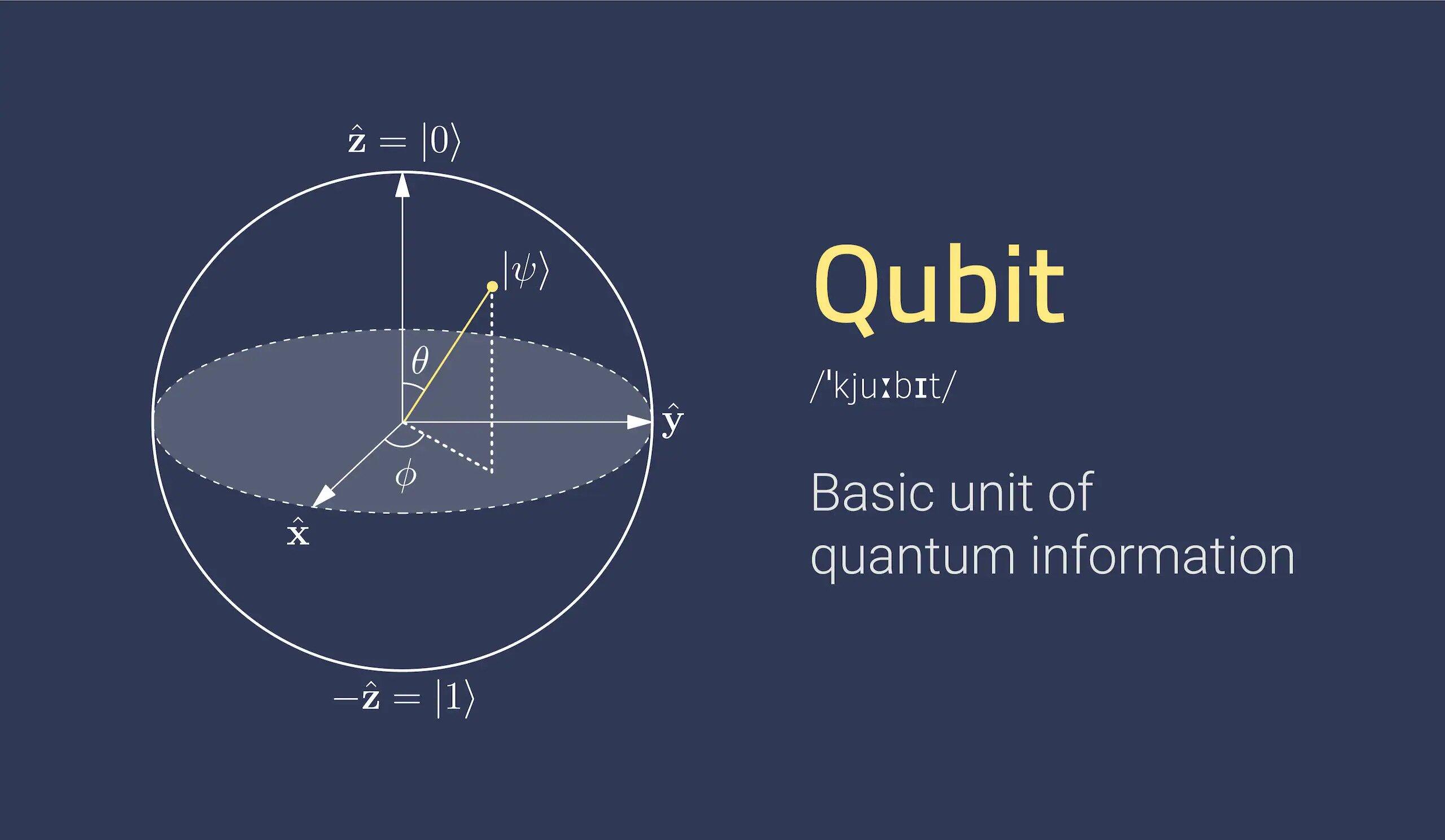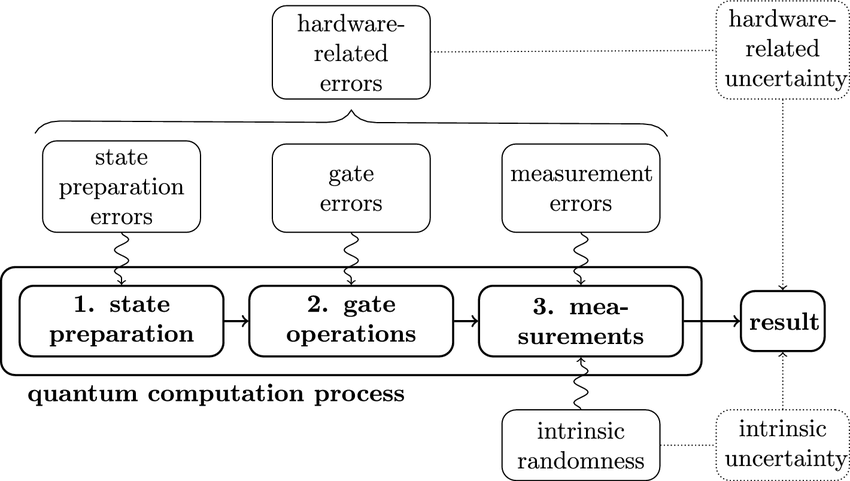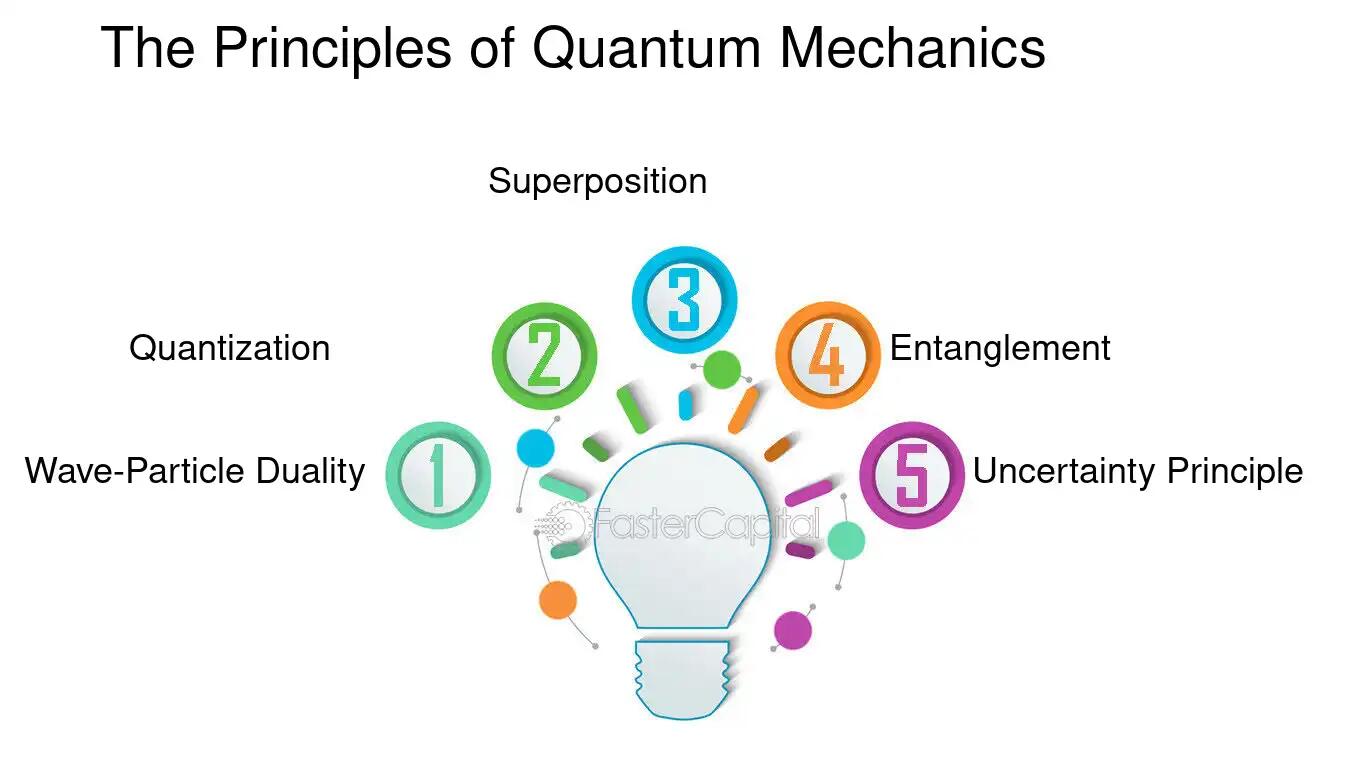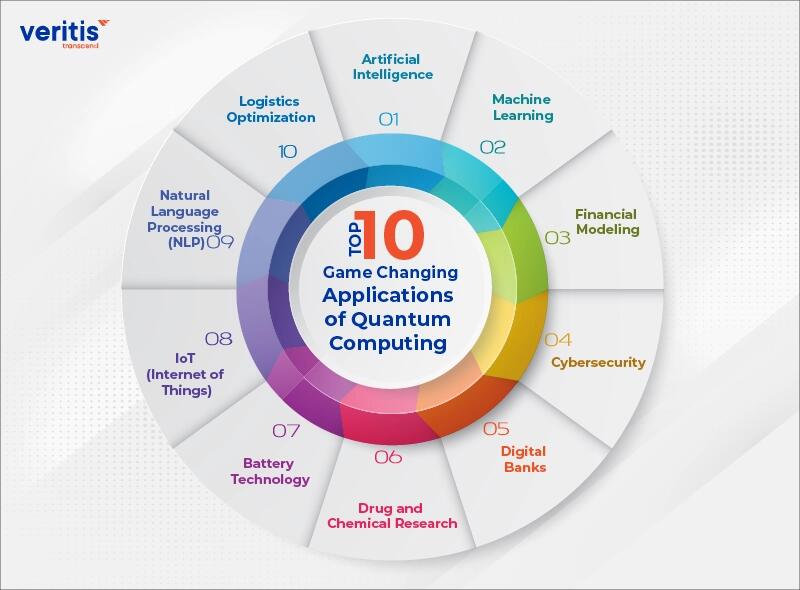-
 @ Jax
2025-03-18 10:16:55
@ Jax
2025-03-18 10:16:55Quantum computing is a revolutionary technology that has the potential to solve complex problems that are currently unsolvable with traditional computers. In this beginner's guide, we'll explore the basics of quantum computing, its principles, and potential applications.
What is Quantum Computing?

Quantum computing is a type of computing that uses the principles of quantum mechanics to perform calculations. Unlike classical computers, which use bits to store and process information, quantum computers use quantum bits or qubits.
Qubits: The Building Blocks of Quantum Computing

Qubits are the fundamental units of quantum information. They have the unique ability to exist in multiple states simultaneously, which allows quantum computers to process multiple possibilities at the same time.
How Does Quantum Computing Work?

Quantum computing works by exploiting the unique properties of qubits. Here's a simplified overview of the process:
- Preparation: Qubits are prepared in a specific state.
- Quantum gates: Quantum gates are applied to the qubits to perform operations.
- Measurement: The qubits are measured to retrieve the results.
Key Principles of Quantum Computing:

- Superposition: Qubits can exist in multiple states simultaneously.
- Entanglement: Qubits can become "entangled," meaning their properties are connected even when separated.
- Quantum measurement: Qubits can be measured, which causes them to collapse into a single state.
Potential Applications of Quantum Computing:

- Cryptography: Quantum computers can break certain types of encryption, but they can also be used to create unbreakable encryption methods.
- Optimization: Quantum computers can be used to optimize complex systems, such as logistics and supply chains.
- Materials science: Quantum computers can be used to simulate the behavior of materials at the atomic level.
- Artificial intelligence: Quantum computers can be used to speed up certain types of machine learning algorithms.
Real-World Examples of Quantum Computing: 1. Google's Quantum AI Lab: Google has developed a quantum computer that can be used to optimize machine learning algorithms. 2. IBM's Quantum Experience: IBM has developed a cloud-based quantum computer that can be used by researchers and developers. 3. Quantum-inspired optimization: Companies like Volkswagen and Lockheed Martin are using quantum-inspired optimization techniques to improve their operations.
Challenges and Limitations of Quantum Computing: 1. Error correction: Quantum computers are prone to errors due to the fragile nature of qubits. 2. Scalability: Currently, quantum computers are small-scale and need to be scaled up to be practical. 3. Quantum noise: Quantum computers are susceptible to noise, which can cause errors.
Conclusion:

Quantum computing has the potential to revolutionize many fields, from cryptography to materials science. While there are challenges and limitations to overcome, the potential benefits of quantum computing make it an exciting and rapidly evolving field.
Glossary of Terms: - Qubit: A quantum bit, the fundamental unit of quantum information. - Superposition: The ability of a qubit to exist in multiple states simultaneously. - Entanglement: The connection between two or more qubits that allows them to affect each other even when separated. - Quantum measurement: The process of measuring a qubit, which causes it to collapse into a single state.
I hope this beginner's guide has provided a helpful introduction to the world of quantum computing! @Yakihonne